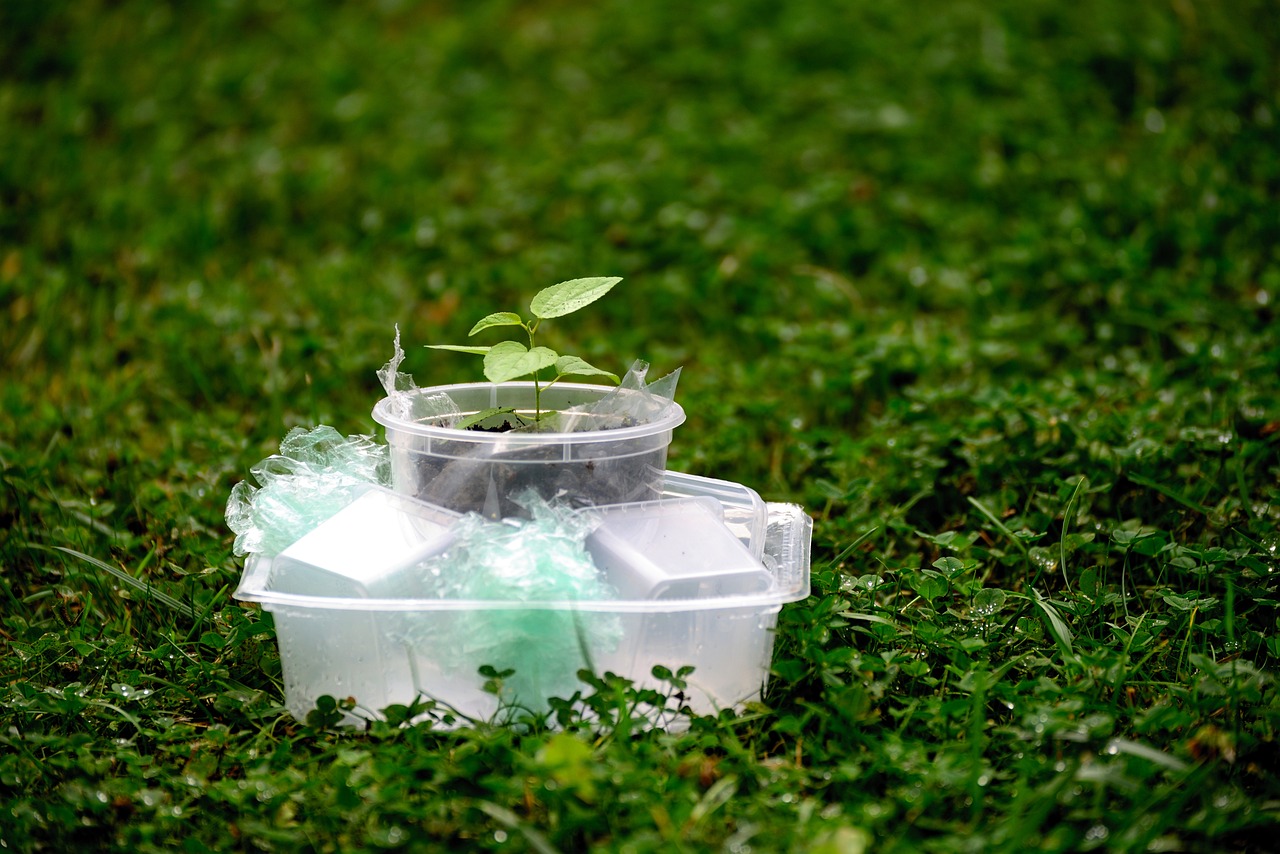
Increasing recognition of environmental issues, like carbon emissions, has catalyzed investment in sustainable packaging. Sustainable packaging is designed to reduce environmental impact while keeping both consumers and producers satisfied with functional products. Many conventional plastics do not reach this environmentally friendly threshold, but polyhydroxyalkanoate (PHA) offers a promising alternative to conventional plastics with its versatile properties and extensive range of applications.
PHA is a biodegradable plastic produced through a microbial fermentation process. PHA exhibits many properties that make it a great fit for medical, agricultural, and packaging industries. These properties include elasticity, resistance to UV radiation, moisture and gas barrier properties, thermoplasticity, and toughness. Furthermore, PHA can be modified to adjust its natural properties including melting point and color. The production of PHA results in less carbon emissions compared to conventional plastics. PHA produces around 80% fewer CO2 emissions per kilogram than conventional plastics like PET, PP, and PS.

Exhibit 1. Cost of production of PHA vs. conventional plastics in kilogram CO2 per kilogram plastic
PHA can be used in a wide range of applications owing to its excellent versatility. It is most used in the packaging industry but also has agricultural, medical, and textile applications. In agriculture, PHA is used in mulch bags and greenhouse films for its biodegradability. As for the medical industry, PHA is used in medical devices and implants for its nontoxic and thermoplastic properties. PHA can also be modified to improve ductility allowing it to be spun into fibers and used in textiles.
PHA can be widely used in the packaging industry for its many qualities. Its strong barrier properties to moisture and gas make it extremely useful for packaging applications like food containers and meat packaging. Its elasticity also makes it a suitable material for plastic bags and shrink wrap. Additionally, PHAs toughness makes it beneficial in rigid food packaging applications such as milk jugs.
While PHA has the potential to replace conventional plastics in some applications, it currently faces a few key limitations. The primary limitation on the expansion of the PHA market is high production costs. PHA generally costs 20-80% more to produce than conventional plastics such as PE and PP. Microbial fermentation is an expensive process due to the high cost of organic substrates used in bio-based processes. PHA has also seen limited commercial development resulting in a lack of consumer awareness. Furthermore, the most produced version of PHA, polyhydroxybutyrate (PHB), has subpar mechanical properties limiting its useful applications.
PHA requires further development before it is a viable option to replace its polyolefin competitors. Although it has potential to be a sustainable alternative to conventional plastics in food packaging, and many other applications, the limitations of PHA must be solved before it is a commercially ready solution for sustainable packaging.
ADI Analytics is a prestigious, boutique consulting firm specializing in oil & gas, energy transition, and chemicals since 2009. We bring deep, first-rate expertise in a broad range of markets including polyolefins, plastics, and sustainable packaging, where we support Fortune 500, mid-sized and early-stage companies, and investors with consulting services, research reports, and data and analytics, with the goal of delivering actionable outcomes to help our clients achieve tangible results.
We also host the ADI Forum, one of Houston’s distinguished industry conferences, to bring c-suite executives together for meaningful dialogue and strategic insights across the oil & gas, energy transition, and chemicals value chains. Learn more about the ADI Forum, which is chaired by Uday Turaga, Founder & CEO, ADI Analytics, at www.adi-forum.com.
Subscribe to our newsletter or contact us to learn more.
– Aadi Gotpagar



















